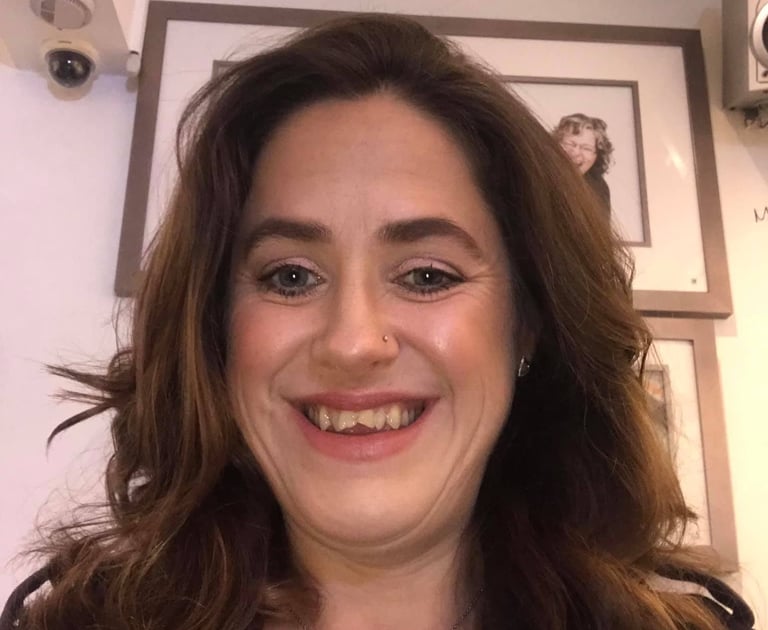About Unwind Counselling


I am Kaz, a qualified person-centred counsellor, trained to listen to you in a non-judgmental way. I offer a safe and confidential space, in which you can open up and talk about things which may cause you pain, unhappiness or uncertainty. Sometimes, routines, values and habits which we have held for years unquestioningly, can keep us stuck in unhealthy routines, or even cause us harm. I can help you to examine and gently challenge these values, to help you begin to create the optimal conditions for your happiness.
I am a member of the BACP, and work in accordance with the BACP principles of practice and ethics. I hold a MSc. in Psychology (conv.) and a Dip (level 4) in Therapeutic Counselling. I also have a background in secondary, further and higher education, having over 20 years of experience in pastoral care, mentoring and coaching.
I work with adults (any age, race, background gender or sexual orientation) and older teenagers, experiencing difficulties such as anxiety, depression, low self-esteem, grief, bereavement, body image problems, gender related issues, LGBTQ related issues or relationship problems.
I can work with individuals or couples, adults and young adults (12+).
Sometimes, the idea of engaging in counselling can feel daunting, and is important to me that my clients feel as comfortable as possible, so that therapy runs smoothly. Where necessary, I can make access arrangements for people with specific needs - just call me to discuss , and I will do my best to accommodate. If there is something I can do to make your experience easier, however small, just let me know!
Why come to counselling?
People come to counselling for all sorts of reasons. Some come in response to a life event, such as a bereavement or a bad experience they might need to work through. Some come with relationship problems or because they struggle relating to others, or because some problem that occurred in their past is affecting them in the present. It might be that there is some trauma in the past that is haunting them in their present. People come with low self-esteem, depression, anxiety, eating disorders. Often, there is a whole range of problems lurking underneath the one that the client brings to counselling. It may be the case that the client feels sad and flat without exactly understanding why. Whatever the problem, it is real and very relevant in the life of that person, and having the space and time to talk through and unpick the problem has a therapeutic effect.
What is a counsellor?
A counsellor is essentially a person who will listen empathically and without judgment, creating a therapeutic relationship which allows the client to feel safe to open up and speak about the things that are causing them distress. Person centred counselling aims to offer the client three important conditions: empathy, congruence and unconditional positive regard. By listening and exploring with you, the counsellor is effectively able to understand and see through the client’s eyes. Congruence is effectively being open and honest, and this will help to build a sense of trust between counsellor and client. The counsellor treats the client with unconditional positive regard, which means that the client will be valued without having to live up to any particular conditions or expectations.
A counsellor is not a doctor; they cannot diagnose or prescribe medication, however they might direct you do another relevant agency or professional where necessary. They will not tell you what to do. However, they will facilitate the process of the client exploring their own feelings and values, helping the client to understand what they are feeling and why. The counsellor has the more objective perspective of an outsider, which also enables them to offer gentle challenge to your perspective, allowing you to see a wider picture. Having this self- awareness puts the client in a more favourable position to make more informed and healthy decisions, and have more sense of agency.
Often during the process, clients often feel that they want to change things in their lives. If I think it would be useful, and of course with the client’s agreement, I use some personal coaching techniques alongside counselling.
What is counselling?


